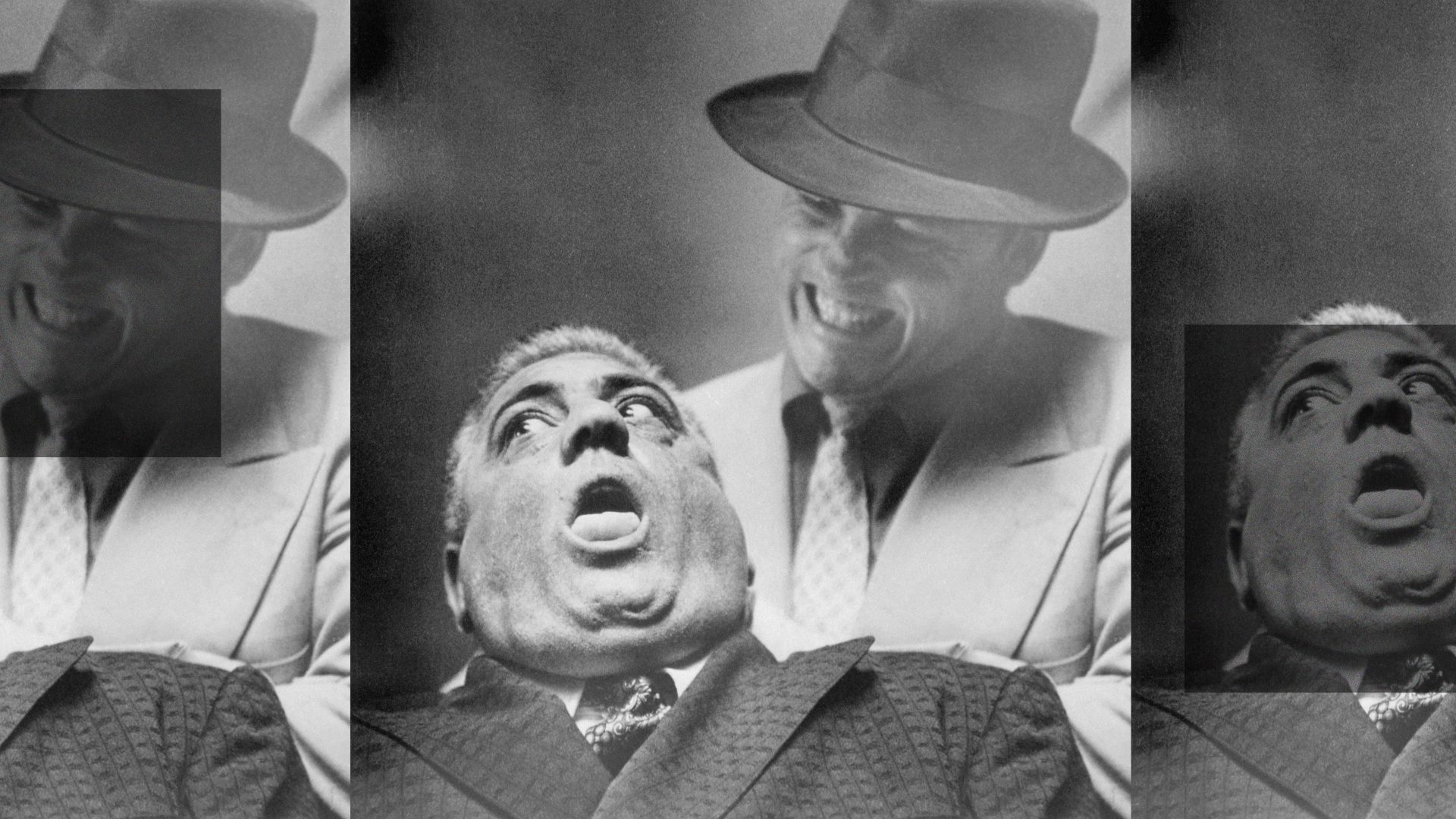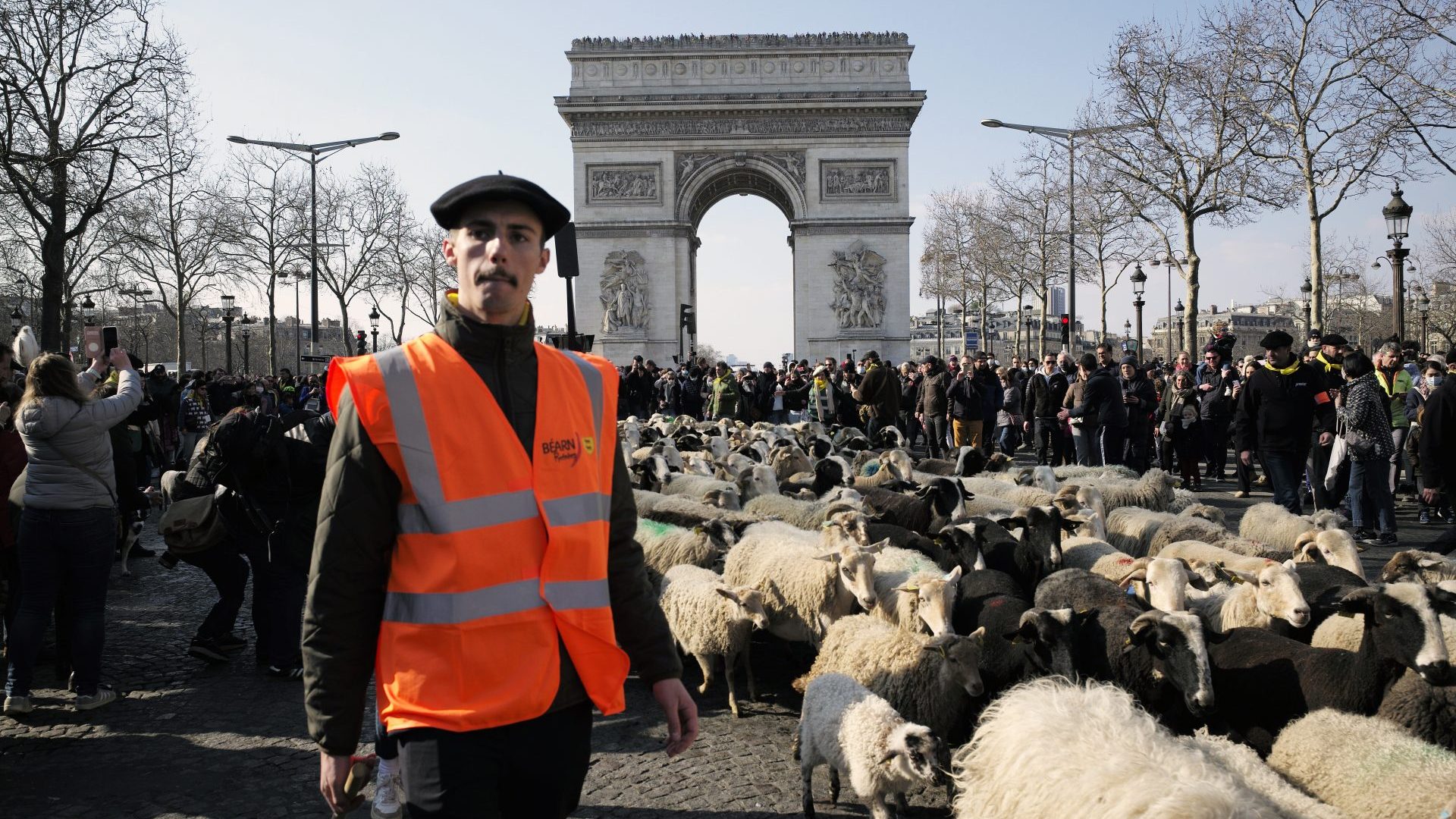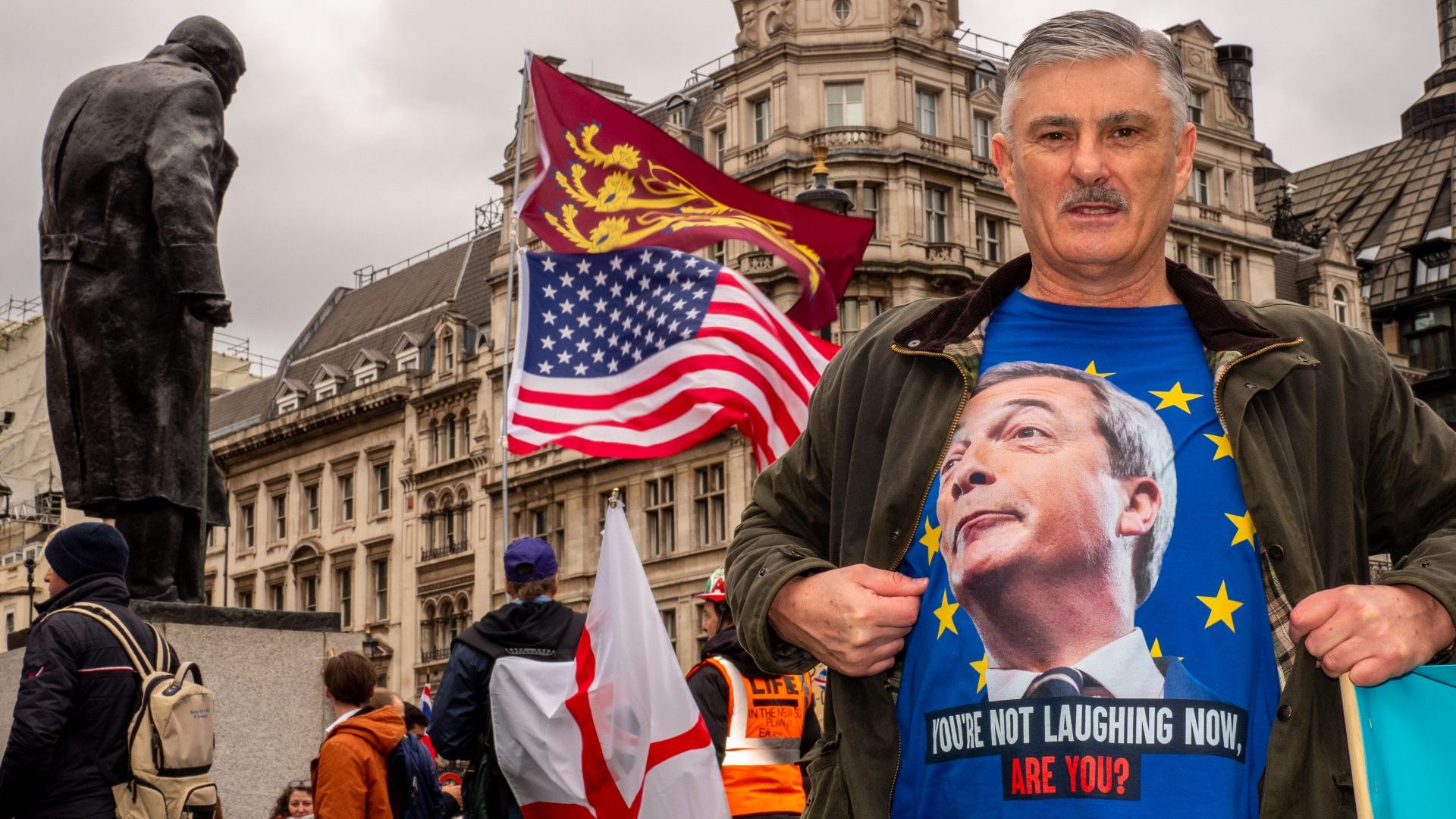The Godfather, which subsequently became known as The Godfather Part 1, was first shown on March 14, 1972 at Loew’s Theatre in New York. This Broadway movie house was then the place of record to determine when a film was first released; an antiquated idea now, but common back then.
A couple of days before that, the then Soviet Union rebuked what was then the Georgian Soviet Socialist Republic, and later decided to create for them an entity called “the Soviet people”, which the Georgians revolted against.
There were always bomb threats on board planes in those days, and there had been one a few days before the movie opened.
Other elements of the zeitgeist: A fraudster admitted that he had faked the so-called autobiography of Howard Hughes, president Nixon had gone to China, and the hit song was Neil Young’s Heart Of Gold:
“I want to live, I want to give. I’ve been a miner, For a heart of gold”
It was also the year before the recession began, but things were already broken.
New York City was a place of broken glass, abandoned cars, crime.
My generation grew up watching on TV as Robert Kennedy, the younger brother of the president, took on organised crime. Known as the mob; the mafia; “the guys” and, in my hometown of Chicago, “the Irish and the Italians”. Organised crime was on the mind of everyone. When it turned out, years later, that president Kennedy and the boss of bosses in Chicago had been having sex with the same woman, we decided that the president had not been assassinated, but “bumped off”.
Mario Puzo’s novel The Godfather, published three years before, was a monster. Everybody read it. It managed to invoke bits of The Brothers Karamazov and Balzac. Most people who read it didn’t know that. But what most did know, and many said, was that most of the people killed by the Corleones were probably people they would kill themselves in the right circumstances.
There was stuff about the upcoming film in the papers from time to time, pre-publicity like the set-up and filming of Marlon Brando as the patriarch Don Corleone being cut down in the street.
We were ready and eager to see this movie. But nothing had prepared us, prepared the world; nor prepared the studio that financed and released it; the director who made it; and the actors who played in it… for what it became and still is.
I can recall its first run.
I was in a movie house in downtown Chicago full of young African Americans like me, mostly guys. At the end, when Al Pacino’s Michael Corleone, when asked by his wife, played by Diane Keaton, if he had been responsible for all of the murders we had seen him be responsible for, he looked her in the eyes and said calmly: “No.”
That was the end, and every guy in that packed theatre jumped to his feet and yelled “Yes!”, including my boyfriend.
I had fallen in love with Pacino.
Like most women and probably a lot of guys, too. This movie revealed something about all of us.
We all realised, quite slowly, too, that we were really rooting for Some Very Bad People.
Al Pacino has said in a recent interview commemorating the 50th anniversary: “I’m here because I did The Godfather.”
Being “here” because of a movie was a new phenomenon.
The Godfather situated the mafia as not just about crime, but about “the Family”. That the various criminal organisations were known as “the Families” gives a sense of how this movie turned a mirror on what that Family, maybe every family, was.
And there was another phenomenon.
There are reports that FBI wiretaps and mob insiders, pejoratively called “snitches”, reported that the real mafia imitated the movie.
One group of wise guys would get together in New York City before settling down to business in a local restaurant and ask the strolling guitarist to play the love theme to The Godfather.
The film universe was not as big as it is now, so a film’s universality, its reach beyond the screen and into life itself, could be gauged very quickly.
Suddenly this movie about organised evil gave the world, too, a universe of organised beauty and family warmth: big family suppers; singing; weddings; big open love.
That the film opens with a man saying “I believe in America”, was, of course, the opposite of what my generation believed at the time.
To see that beginning, a man asking a mafia don for a favour, mirrored our own cynicism, our own growing disbelief in The American Dream we’d been raised with.
We sat in that dark movie house, many of us fresh from anti-war demos and anti-Nixon chanting and demanding that our university curricula be more of what we were, to a film opening that way; one about the mafia. It was ironic, shrilling, and hilarious all at once.
Brando did not turn up for his inevitable Best Actor Oscar.
The actor, a supporter of various civil rights movements including one being led by Indigenous American people, decided that he wanted to take a stand for those who were occupying the town of Wounded Knee in South Dakota, site of a 19th-century massacre by the US cavalry.
He sent an Indigenous American actor, Sacheen Littlefeather, instead. After his award was announced, she walked into the spotlight and recited: “I’m Apache and I am president of the National Native American Affirmative Image Committee. I’m representing Marlon Brando this evening, and he has asked me to tell you in a very long speech, which I cannot share with you presently, because of time, but I will be glad to share with the press afterwards…” John Wayne was said to have been livid and ready to storm the stage.
That was how this movie was a sign of the times. We watched the film unroll and also watched it unravel not only a world narrative, but a very American one.
It was hailed as a masterpiece from the beginning.
It still is.




